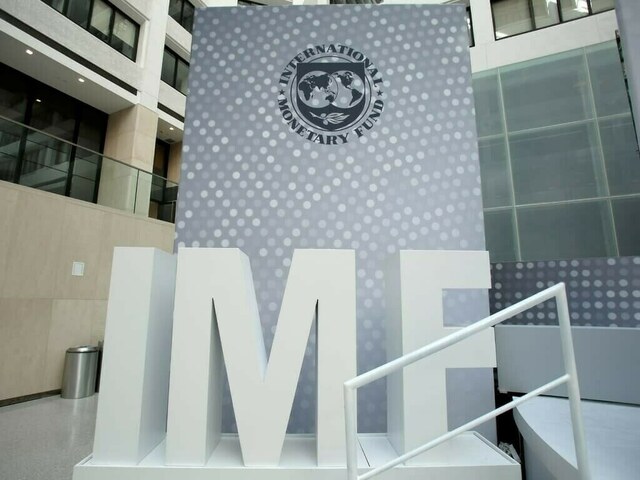ISLAMABAD: The Pakistan Business Forum (PBF) has said that the newly released IMF Governance and Corruption Diagnostic Assessment (GCDA) should serve as a turning point for Pakistan’s economic management, warning that the findings expose deep-rooted structural flaws that have long held back growth, investment and institutional credibility.
PBF Provincial Chiefs, Malik Talat Suhail, Ashfaq Paracha, Daroo Khan Achakzai and Tariq Jadoon said the report delivers a stark reminder that Pakistan’s economic struggles stem primarily from persistent governance gaps — ranging from discretionary decision-making to opaque financial practices — that distort markets, weaken investor confidence and erode public trust. PBF noted that these issues do not exist in isolation but are embedded across tax administration, state-owned enterprises, judicial procedures and the public sector’s oversight mechanisms.
The GCDA was published after prolonged delays and is a requirement for Pakistan to secure the upcoming USD1.2 billion IMF tranche in December. Yet, beyond this technical requirement, the document provides a candid account of how weak transparency, inconsistent policy implementation and selective treatment of institutions continue to impair economic performance.
The IMF highlights that Pakistan’s tax system remains unnecessarily complicated and inefficient, state-owned enterprises operate without adequate discipline or accountability, and the judicial system — constrained by outdated laws and administrative inefficiencies — struggles to uphold commercial rights and enforce contracts effectively. Particularly noteworthy, the Forum added, is the IMF’s concern over the functioning of the Special Investment Facilitation Council (SIFC).
The Pakistan Business Forum stated that the IMF’s central message is clear; economic recovery is impossible without a decisive move towards open, predictable and rules-based governance. The GCDA stresses that meaningful reform begins with expanding public access to information, ensuring transparent decision-making and allowing broader participation from both public and private stakeholders.
The IMF estimates that Pakistan could raise its growth trajectory to between 5 and 6.5 percent over the next five years if the government implements key reforms within the next few months. The Forum called this projection a realistic target — provided the government commits fully to managing public finances responsibly, digitising and depoliticising procurement, modernising tax operations, restructuring SOEs and strengthening the legal framework for commercial activity.
Copyright Business Recorder, 2025


